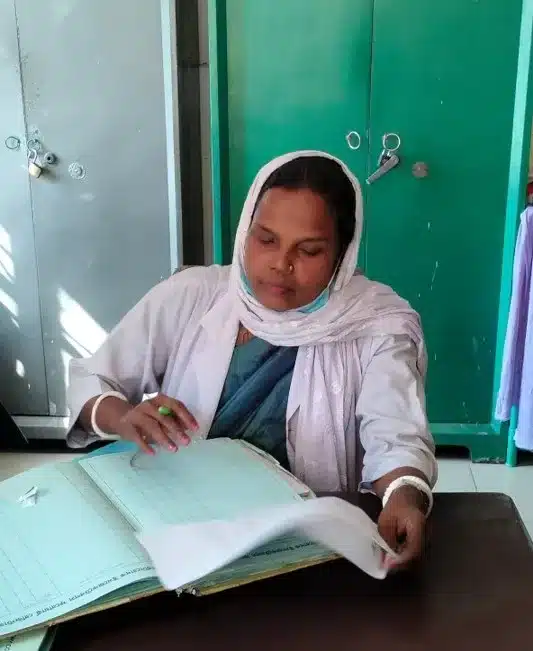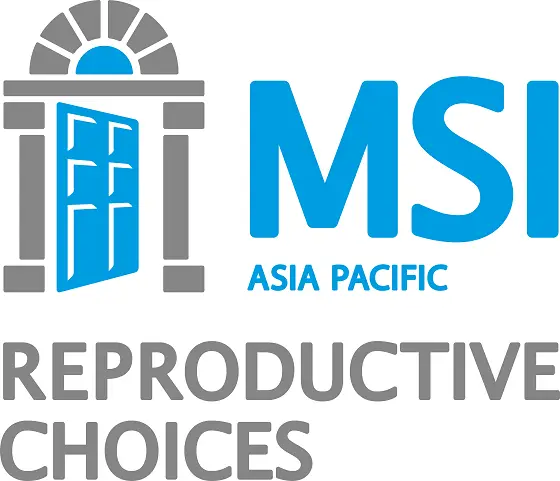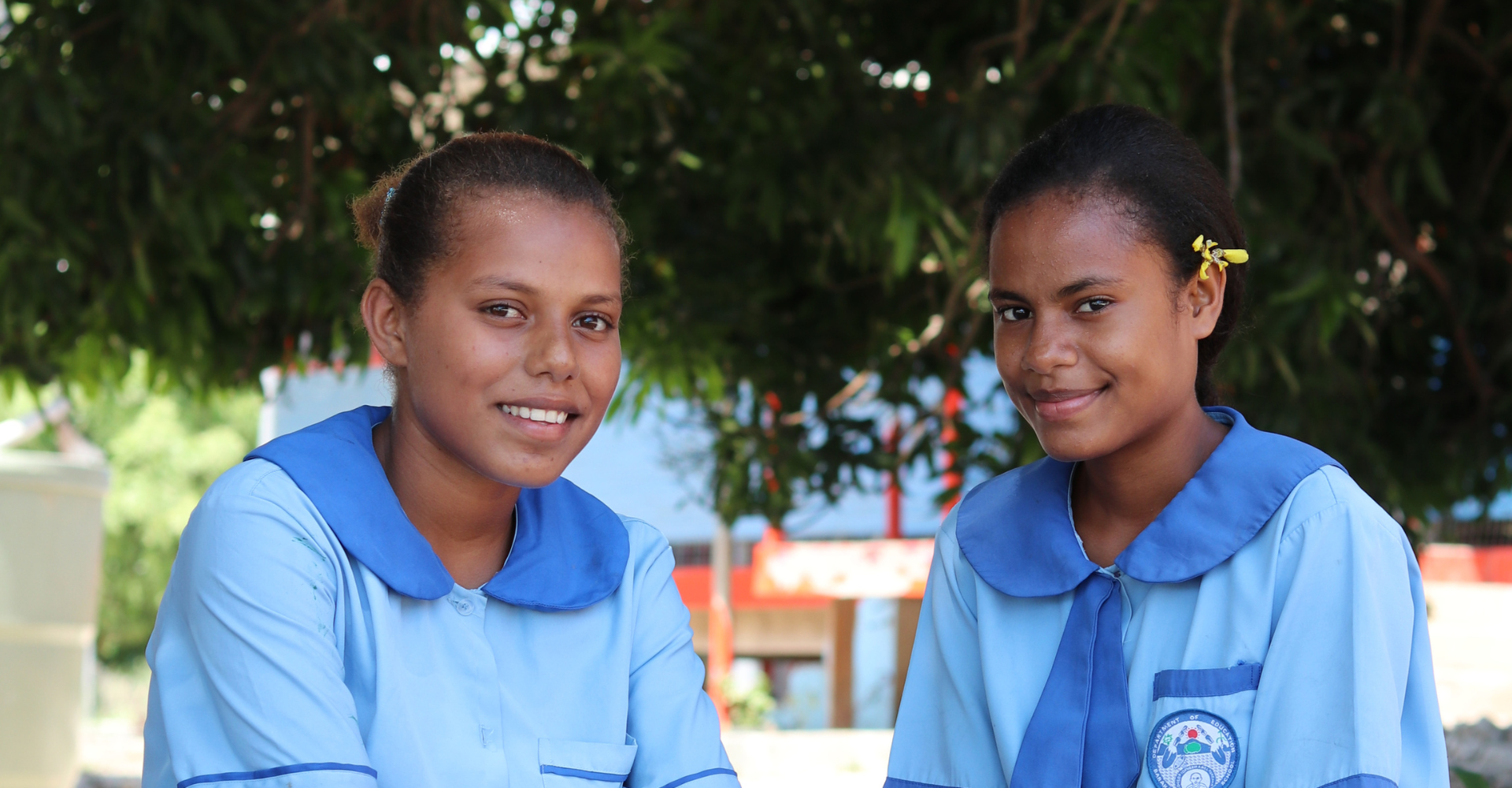
Adel is a family planning nurse in Bangladesh, working in a government role. She has dedicated her life to supporting women and their families. Since 1992, she has provided thousands of clients with counselling on family planning, has provided antenatal and postnatal care, delivered babies, and provided neonatal care.
Over the years, she has approached each client with empathy and care. When providing counselling, she always listens carefully to her client’s story, and has often come across cases of gender-based violence during a physical examination or through listening to a client. Until recently, she was unsure what to do in this situation, as the government of Bangladesh had not provided training on identifying and supporting survivors of sexual and gender-based violence.
This changed recently with the support of the Australian government’s RESPOND program. For the first time, MSI Bangladesh trained 103 government family planning service providers on how to identify and support survivors of sexual and gender-based violence. Adel received the training in March and, since then, has been able to counsel survivors and refer several to support services. Now, if a client discloses that they have experienced violence, Adel confidently responds in a survivor-centred and empathetic way. On top of providing medical care such as emergency contraception and HIV testing, Adel can offer referrals for further support and give the clients choices and moral support to carve their pathway to healing.
The RESPOND program aims to enhance the sexual and reproductive health and rights (SRHR) of populations in the Indo Pacific whose access to services or rights have been affected by the COVID-19 pandemic including access to family planning services. The RESPOND program supports continued delivery of high-quality sexual and reproductive health services and commodities through traditional channels (clinics and outreach visits), the scale-up of new delivery approaches trialled during the pandemic (such as digital and virtual technologies) and strengthening organisational capacity and data systems to enable responses to future crises. RESPOND also addresses the ‘shadow pandemic’: a sharp increase in sexual and gender-based violence.
Image credit for group of women: UN Women




